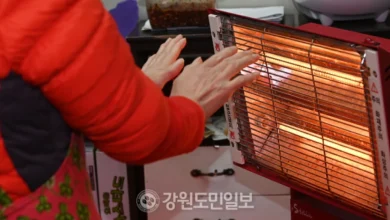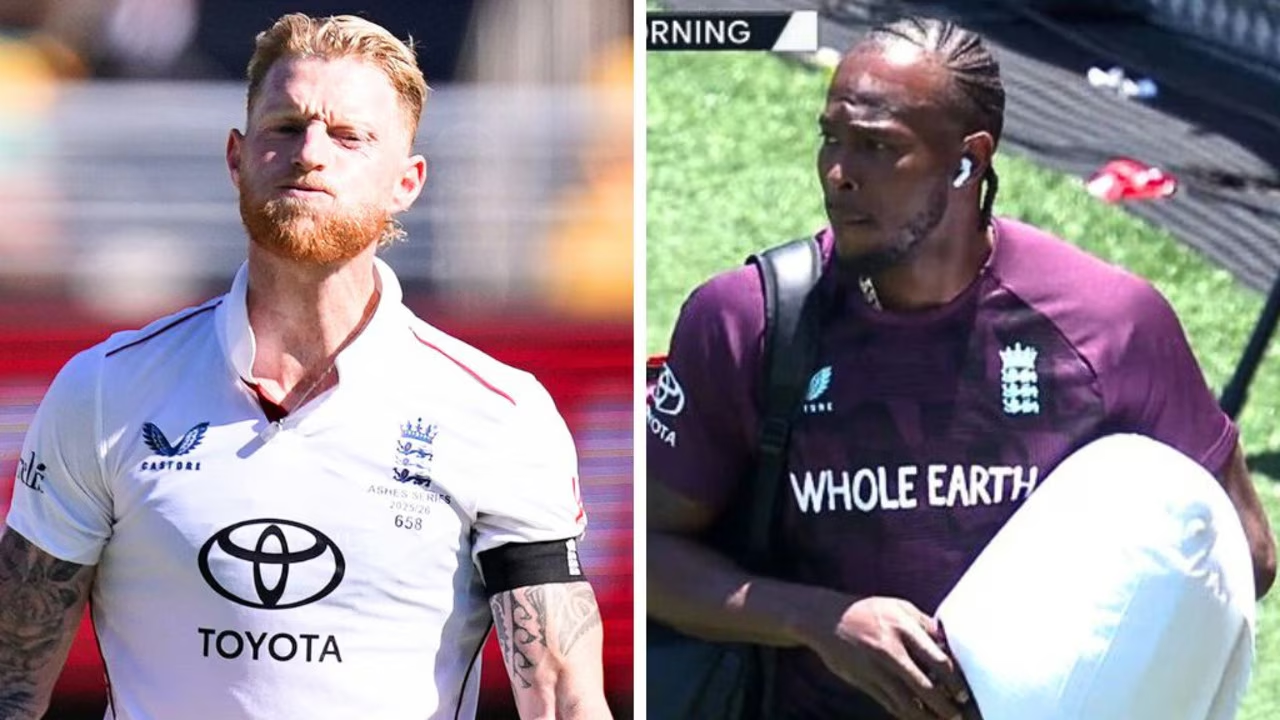Stock Market Today: Nasdaq Slides Ahead of Tech Earnings

The S&P 500 slipped again on Wednesday as speculative parts of the market continued to get hit.
The Dow Jones Industrial Average fell 413 points, or 0.9%. The S&P 500 was down 1%. The Nasdaq Composite was down 1.6%. The Russell 2000 was down 2.3%.
“Overall today’s price action and pain is concentrated in the most speculative areas of the market. ie.. names that have surged since April are taking it on the chin the most,” Mizuho’s Daniel O’Regan tells Barron’s. “The AI trade is getting hit on renewed fears of an AI slowdown. Many bears are vocal that we need to start seeing real ROI on the tens (hundreds?) of billions of dollars spent on AI infrastructure. Long term bulls and AI believers are quick to say we are still in early innings.”
O’Regan says regardless of the debate, there is profit taking in meme stocks, quantum, crypto, and some AI themes.
“Volume is still relatively low and it feels like a lot of this is quant/macro driven vs actual active management,” he says.
Exchange-traded funds focused on momentum, risk, small-caps, and growth were getting crushed. Instead, it was low volatility and dividend stocks that were rising. The S&P 500’s consumer staples, health care, energy, and real estate sectors continued to rise, while financials, industrials, communication services, consumer discretionary, and tech were all down 1%.
Though the S&P 500 has traded sideways in recent weeks, the stocks that have been outperforming have shifted.
“Since August 1st, the most speculative areas of the market–think nuclear, quantum, crypto, space, etc.–went parabolic, with 67 stocks in the Russell 3,000 more than doubling since then and 222 stocks in the index rising more than 50%,” writes Bespoke Investment Group co-founder Justin Walters. “We are finally seeing the enthusiasm for these stocks pop over the last week.”
Walters notes that the decile of Russell 3000 stocks that did the best from Aug. 1 to Oct. 14 are down 5.7% on average since then. Stocks that gained more than 150% from Aug. 1 to Oct. 14 are down 20% on average since then. Meanwhile, the S&P 500 equal-weight exchange traded fund is up 0.9%.
“It appears that, at least temporarily, the music has stopped and the party has ended for the most speculative names,” Walters writes. “No one knows when the music will pick back up again, but usually, the higher they go, the harder they fall.”





